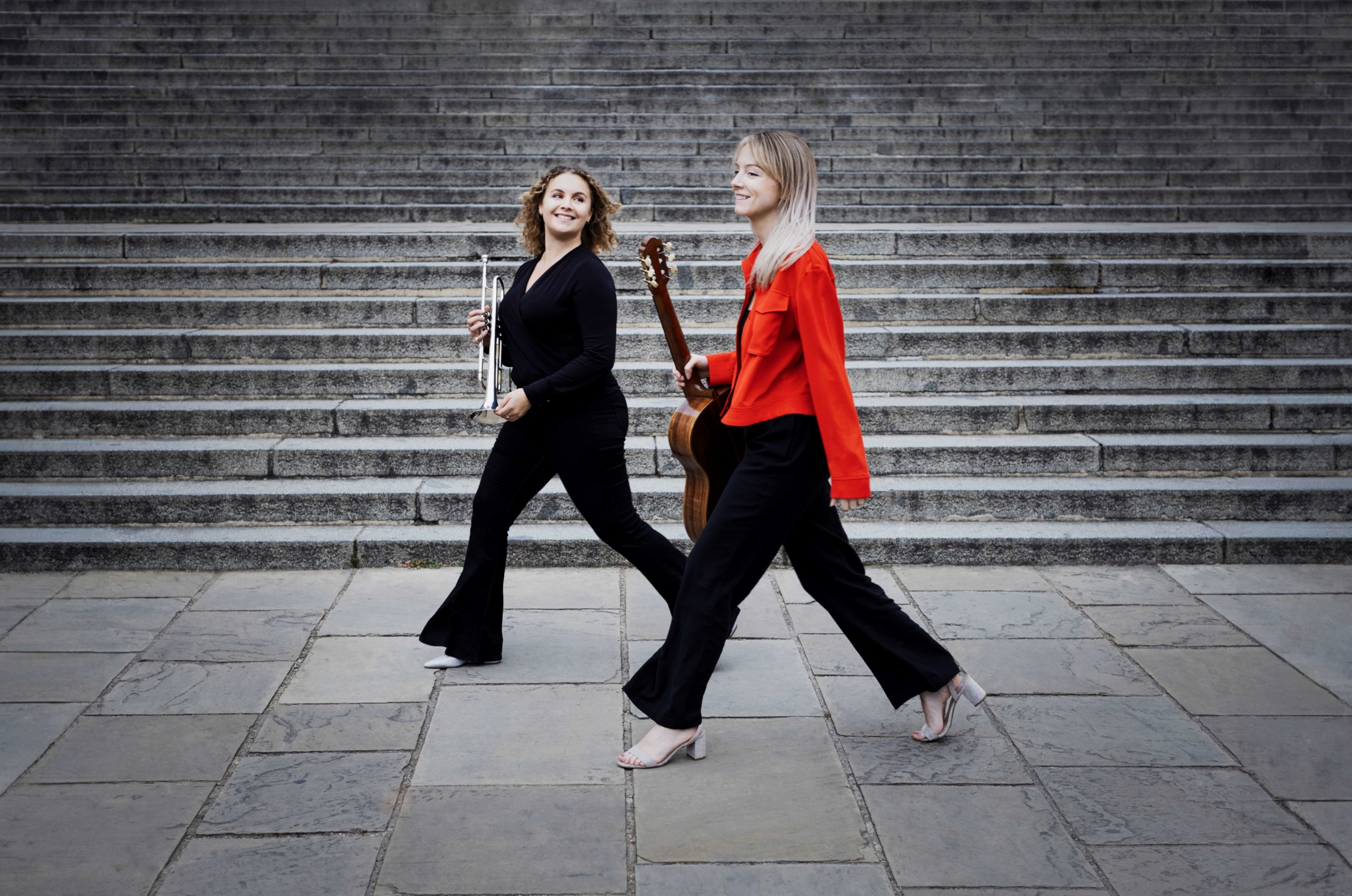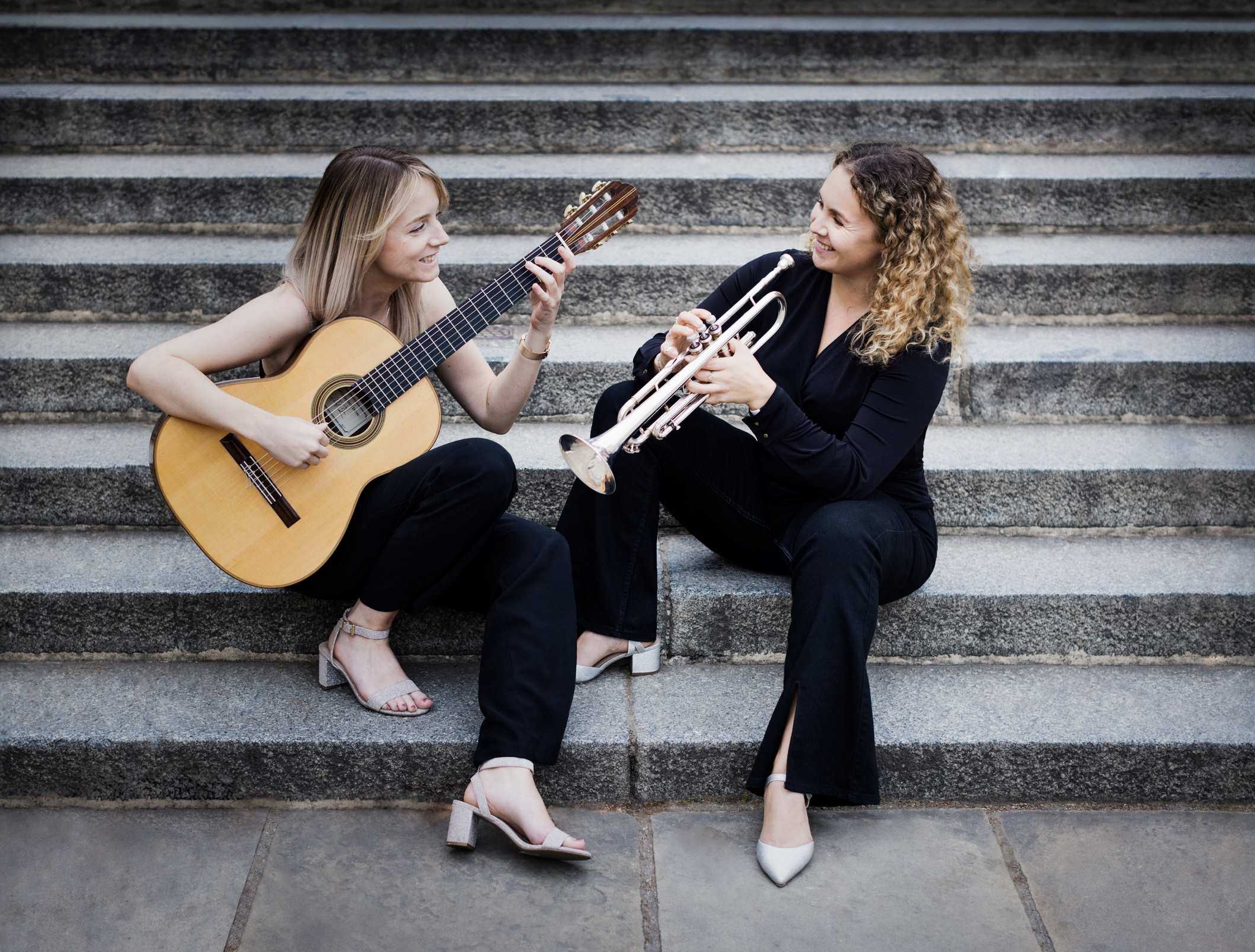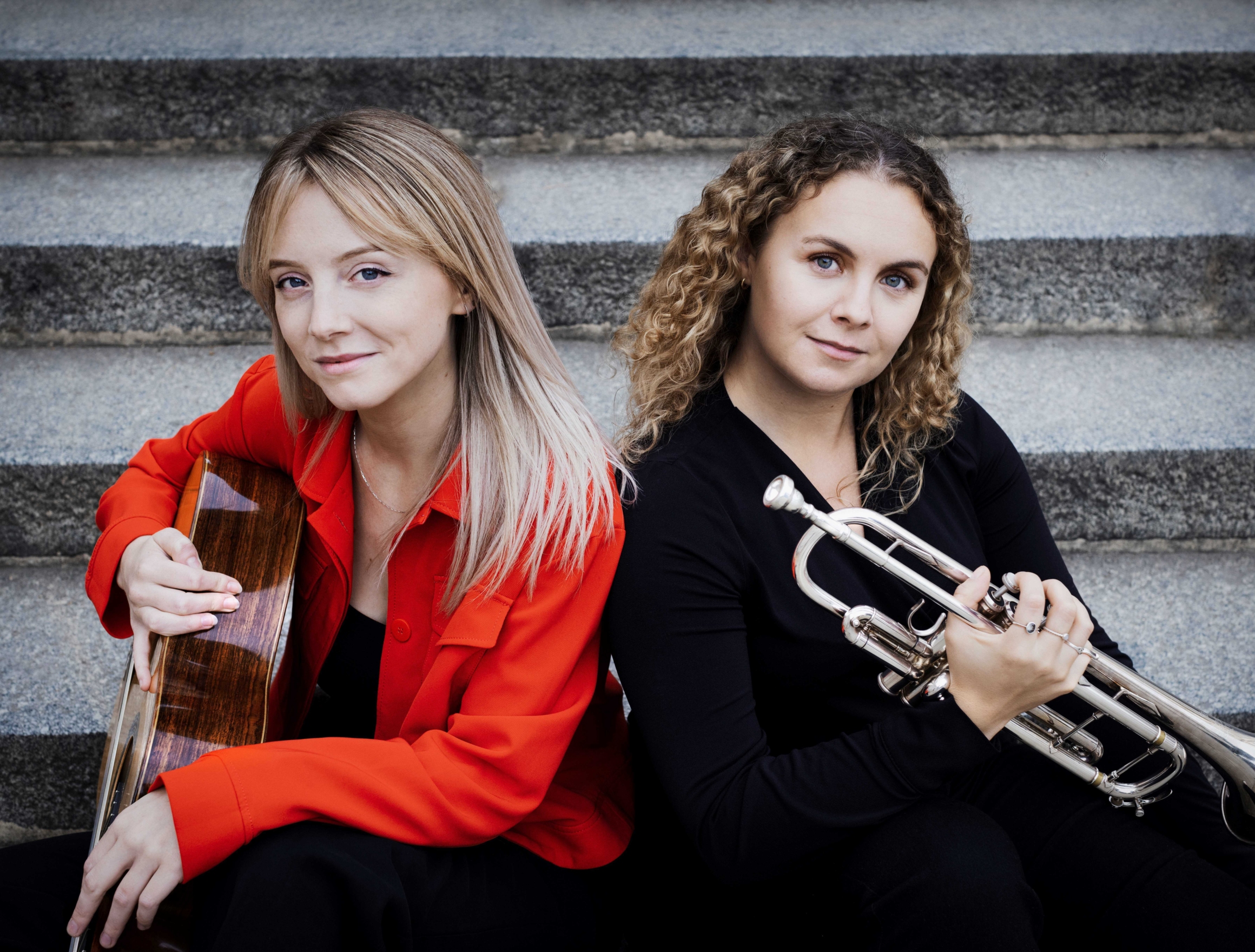Nocturnal after John Dowland: Musingly, Op. 70, No. 1
Widely regarded as one of the most compelling figures in English art music, the composer, conductor, and somewhat reluctant pianist, Benjamin Britten exercised considerable sway on the British musical landscape of the twentieth century. His association with the tenor Peter Pears (1910–1986), for whom Britten wrote numerous operatic roles, was pivotal to the revival of English opera.
The realms of sleep, dreams, nightmares, and the unconscious, each held profound importance in shaping Britten’s artistic vision. This is particularly evident in Nocturnal after John Dowland, which is based on the melancholic lute song, Come, heavy Sleep (Ayres of Four Parts, No. 20, 1597) by English Renaissance composer John Dowland (c.1563–1626). In a 1969 interview, Britten admitted his Nocturnal ‘had some very, to me, disturbing images in it’. Written for English classical guitarist and lutenist Julian Bream (1933–2020) in 1963 , and premiered at the Aldeburgh Festival the following year, the reverse theme and variations is one of the most seminal compositions in the guitar canon of the twentieth century. The piece travels through different stages of insomnia, during which time the central musical theme does not appear in its original form until the very end, where we finally meet Dowland’s song.
The first movement, , Musingly, opens with a dreamlike introduction, gradually embracing the unsettling sound world in which Britten and Dowland reside through the subtle ambiguity between major and minor harmonies. Britten's masterful manipulation of the guitar's timbral and expressive capabilities creates a hauntingly beautiful dialogue between light and shadow, anticipation and reminiscence.
I Will Give my Love an Apple
I will give my love an apple
I will give my love an apple without e’er a core
I will give my love a house without e’er a door,
I will give my love a palace wherein she may be,
But she may unlock it without any key.
My head is the apple without e’er a core,
My mind is the house without e’er a door.
My heart is the palace wherein she may be
And she may unlock it without any key.
Throughout his career, Britten drew inspiration from traditional English folk songs, incorporating their melodies, rhythms, and themes into much of his compositional language. He often wrote music with particular performers in mind, and this is especially true of his folksong arrangements. Inspired by the artistry of Julian Bream and Peter Pears, Britten wrote his sixth collection, England, for guitar and voice. Written in 1956, the Dorset song, I Will Give my Love an Apple, showcases Britten’s keen sensitivity to text, as he carefully shapes the musical phrases to complement the eloquent qualities of the lyrics.
Nocturnal after John Dowland: March-like, Op. 70, No. 5
Signifying the ensuing release from insomnia and following on from the jagged unease of the fourth reflection, Britten changes the pace in his fifth variation to a more controlled March-like procession. Here the theme is inverted and presented in double octaves, played on the guitar’s outermost strings. Virtuosic lines and subtle shifts in mood, strive to create a delicate balance between reverence for the source material and a desire for artistic exploration, while pushing the boundaries of traditional form and expression.





